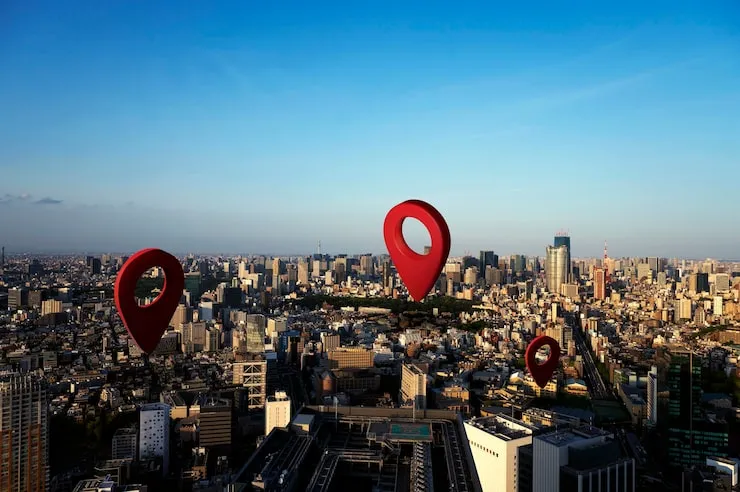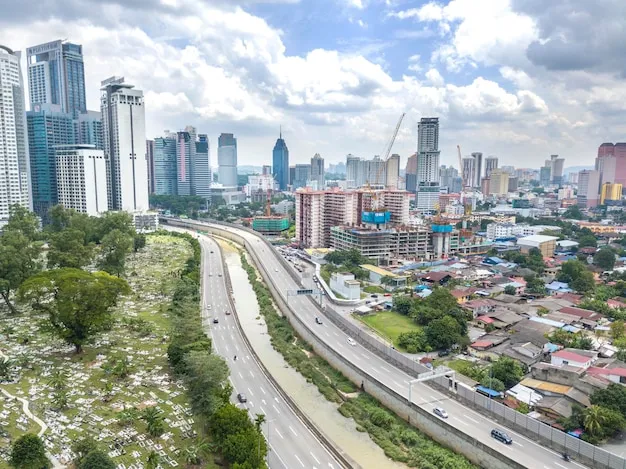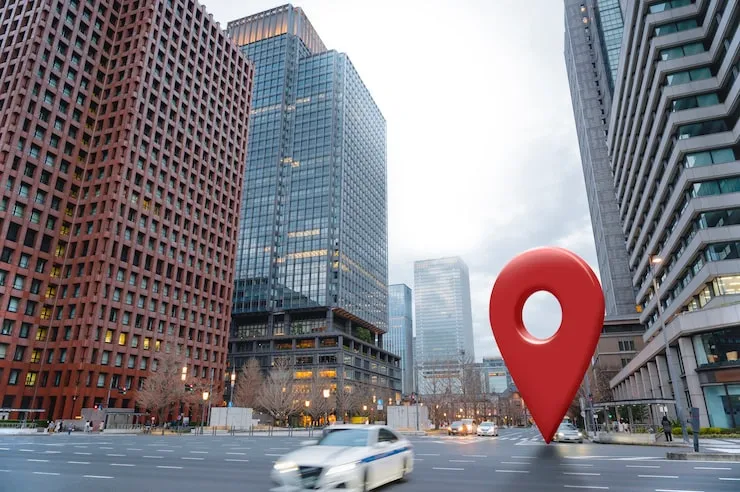If you're starting a business or thinking about moving one, you've probably asked yourself: why is location important for a business? Here’s the short answer,location decides who walks through your doors, how much you spend every month, how easy it is for customers to find you, and whether your business feels like it belongs in that spot. Get it right, and things tend to fall into place. Get it wrong, and even a good business can quietly struggle. So let’s walk through the real reasons location matters,and how to choose one that works for your business.
Read Also: Furnished Apartments for Rent in Bangalore
Why Is Location Important for a Business? It Shapes Everything

Suppose you're starting a bakery. Would you place it in the center of a desolate industrial area where no one passes by? Probably not. You’d want to be somewhere with people,a neighborhood, near schools or offices, maybe even on a street corner that catches attention.
That’s one reason why is location important for a business,it puts you where your people are.
- It affects how much rent or overhead you pay
- It influences how customers see your brand
- It determines how easy it is to get supplies and make deliveries
- It even impacts hiring,talent pools vary by area
When you really think about it, location isn’t just a place on a map. It’s part of your business strategy.And occasionally it's the line between merely surviving and actually prospering.
10 Factors to Consider When Choosing a Business Location
There is not a one-size-fits-all answer. A tech company cannot be run on the same basis as a cafe. 10 factors to consider when choosing a business location are as follows,no matter what kind of work you’re doing:
Who your customers are?
You want to be close to the people you serve. If they can’t get to you easily, they probably won’t try.
Cost of being there
Rent, utilities, local taxes,it all adds up. A great location that breaks your budget isn’t a great location for long.
Nearby competition
A little healthy competition can actually draw in more people, but if the area’s flooded, think twice.
Accessibility
Can people park nearby? Is it on a bus or train route? Don’t make customers work hard to find you.
Foot traffic
This matters more than most people think, especially for retail. More people walking by = more potential business.
Zoning and rules
Always check what you’re legally allowed to do there. You don’t want surprises after signing a lease.
Room to grow
You might only need a small space now, but what if you expand? Think ahead.
Safety
A safer area keeps staff and customers comfortable,and insurance costs lower.
Amenities and surroundings
Coffee shops, banks, printers, parking lots,having useful things nearby makes day-to-day easier.
Does it fit your brand? Your space should reflect what your business is about. An edgy fashion store probably doesn’t belong next to a tile showroom.
Thinking through each of these helps you avoid picking a location based on looks or trendiness,and instead choose one that actually supports your day-to-day operations.
Read Also: Property Valuation Calculator In West Bengal
Why Is Location Important for a Business Across Different Industries?

Not every business needs to be downtown with fancy windows. What you do heavily influences where you should do it.
Retail shops
Need to be visible and walkable. People should be able to spot you without using GPS.
Service-based businesses
Like law offices, agencies, or therapists? They do best in clean, quiet, professional-looking spaces. Parking helps.
Warehouses or manufacturing
They need space, delivery access, and a little isolation. Being out of town is often cheaper and more efficient.
If you’re looking for a business location example,say a gym for example,makes sense near residential areas or offices,but probably not next to a quiet library or way out in the suburbs. Placement should match who you’re serving and when they’ll come.
How Geography Comes Into Play?
It’s not just about the street or neighborhood. The geography of your location matters too,and if you’re wondering why is location important in geography, this is why:
- Climate affects customer needs (umbrellas in a rainy city, fans in a hot one)
- Proximity to resources matters for suppliers and logistics
- Terrain and infrastructure shape how easily people or trucks can reach you
- Population density impacts how many customers you might see
And if you’re choosing between cities or regions, don’t just look at rent,look at who lives there, how they move around, and whether there’s demand for what you’re offering.
Real-World Business Location Example: A Good Idea in the Wrong Place
Let’s take a real-world scenario.
Imagine opening a plant shop with rare indoor plants and pretty ceramics. Your store is beautiful, prices are fair, and the branding’s on point. But you set up in a quiet industrial area that’s hard to find and far from residential zones.
The problem? Your ideal customers,urban dwellers, plant lovers, interior decor fans,aren’t nearby. They’re probably in a trendy neighborhood walking their dog past cute cafes… not driving 40 minutes into a warehouse park.
This is a classic business location example: a good idea placed in the wrong setting. The business struggles, not because the product is bad,but because the customers aren’t where the store is.
And Yes, Even Online Businesses Care About Location
It’s tempting to think location doesn’t matter if you’re fully remote or digital. But that’s not true. Even online businesses deal with:
- Shipping zones and delivery costs
- Local tax rules or permits
- Hiring local staff or freelancers
- Working across time zones
And if you ever want to host events, meet clients, or even just co-work,being in the right city or hub makes all the difference. So yes, location still matters, even when you don’t have a storefront.
Why Is Location Important for a Business? It Sets the Whole Stage?
Still thinking why is location important for a business? Because it touches almost every part of how you work, who you reach, and how much you spend.
Choosing a location with beautiful views or affordable rent is only one aspect of it. The ideal location facilitates your company running smoothly, helps you meet your objectives, and simplifies life for both your personnel and your clients.
Before signing anything or settling into a location, ask yourself:
- Who are my clients, and where are they?
- Will this place support what I do every day?
- Can I grow here, or will I outgrow it in a year?
You don’t need the “perfect” spot. You just need one that fits your business,and helps it do well from the ground up.













